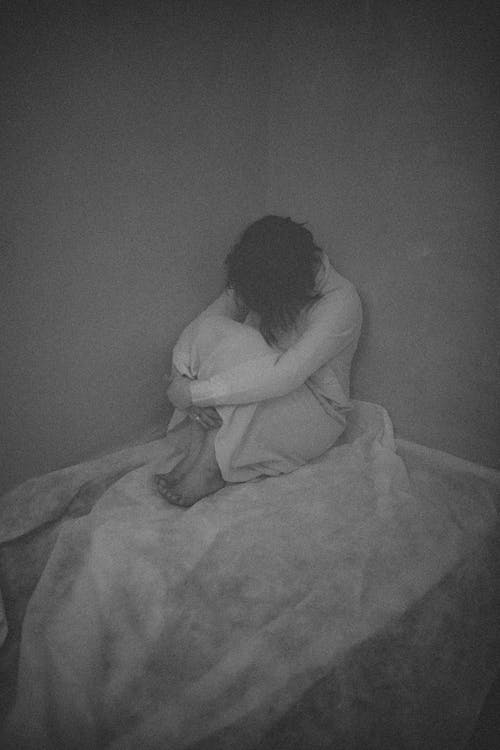Depression is a common mental illness characterized by persistent sadness, hopelessness, low energy, and lack of interest in activities. It usually affects how an individual acts and his/her feelings, thinking, and behavior. Individuals with depression find it hard to cope with the everyday activities of life. It can range from mild to extreme, with severe cases sometimes resulting in suicidal thoughts.
Depression does not discriminate, it affects individuals of all ages, genders, and cultural backgrounds. In the US alone, it is estimated that 16 million adults are affected by depression every year.
There are several types of depression, but all share a common set of symptoms. These may include:
– Persistent feelings of sadness, irritability, and/or hopelessness
– Lack of energy and lack of interest in activities
– Sleep problems (trouble falling or staying asleep, sleeping too much)
– Appetite or weight changes
– Difficulty concentrating or making decisions
– Feelings of guilt or worthlessness
– Loss of pleasure or interest in activities once enjoyed
– Thoughts of suicide
The exact cause of depression is still largely unknown, and researchers are continuously searching for a better understanding of this mental health disorder. It is known to be a combination of biological, psychological, and environmental factors.
Biological factors can include differences in the structure of the brain, particularly in areas responsible for regulating mood and emotions. Neurotransmitters, such as serotonin and norepinephrine, can play a role in the development of depression as well.
Psychological factors such as life changes or stressful events are also common triggers of depression. This could include a major life event, such as death or divorce, or continuing stressful situations, such as unemployment or poverty.
Environmental factors like early childhood trauma or abuse, a lack of social support, and substance abuse can also play a role.
Although depression is often believed to be an individual experience, it can occur during family and relationship distress. It can also result from changes in family dynamics or even as a result of grief or loss.
Treatments for depression are often tailored to the individual. The traditional treatments for depression involve a combination of therapy and medication. Some alternative treatments are now available as well, such as light therapy and acupuncture.
Living with depression can be a challenging and sometimes isolating experience. Fortunately, there are steps that can be taken to manage and cope with the symptoms of depression. These may include:
– Exercising regularly
– Eating well and maintaining a healthy diet
– Practicing relaxation techniques, such as meditation or yoga
– Accepting help from family and friends
– And seeking professional help from a doctor or therapist
Depression can be a difficult and complex disorder to deal with, but it can be treated. Remember that you are not alone; millions of people struggle with depression on a daily basis. With the proper diagnosis and treatment, it is possible to manage the symptoms and to lead a healthy and fulfilling life.